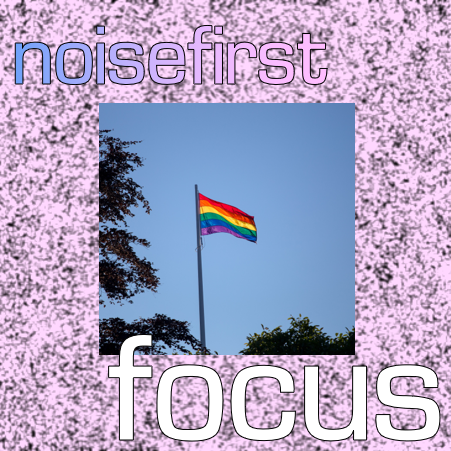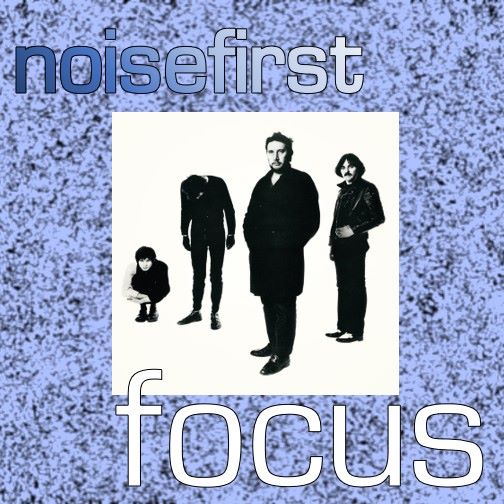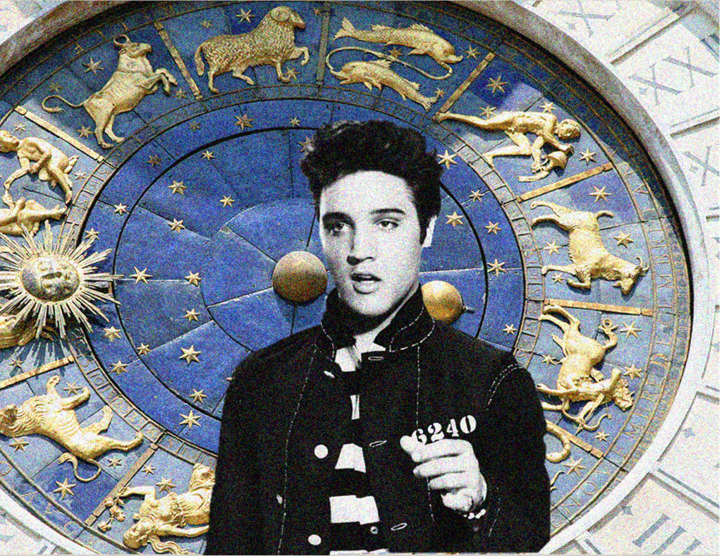Last Updated on 13/02/2021

The term ‘northern soul’ was first coined in 1968 by London record shop owner Dave Godin to help his employees distinguish between newer, funkier records and the to-be-revered 100 BPM sounds of old-school soul – commonly requested by his northern customers. Although, come the seventies, most mods had begun to embrace psychedelia and freakbeat, this strong contingent of northerners would take the undiscovered, discarded sounds of American soul to form their own music and dance subculture.
The most cherished northern soul records were the rarest, so much so that many venues made reputations for themselves as being the place which played that song. This made them, hand in hand with the fact that all-nighters and amphetamines were part and parcel of the scene, in many ways the blueprint for the modern clubbing scene. With that in mind, here is a historic guide to some of the venues that made Northern Soul the iconic scene it was.
Twisted Wheel: 1963-1971
The Twisted Wheel in Manchester has been credited with being the birthplace of northern soul. It started out in the 1950s as a beatnik coffee bar called the Left Wing but was taken over in 1963 by the Abadi brothers. They booked DJ Roger Eagle who was a lover and collector of American soul and it soon became the place to go; all-nighters were quickly introduced. By the later 1960s, the Wheel’s reputation had grown, and soul fans were coming from miles away to experience a Saturday all-nighter and experiment with the new style of dance that went along with the stomper tracks.
Unfortunately, as amphetamine use had also grown with the scene in order to fuel the long all-nighters, this culminated with the Twisted Wheel being closed down by the police in 1971.
Wheel Top tracks: “It’s The Beat” (Major Lance), “You’ve Been Cheatin’” (The Impressions), “Soul Time” (Shirley Ellis).

The Golden Torch: 1965-1973
The Golden Torch in Stoke-on-Trent, owned by Chris Burton, was a successful RnB club from 1965 until the Twisted Wheel’s closure in 1971. This would consequently lead to the Torch hosting its own soul all-nighters. The 680 capacity venue frequently attracted crowds of around 1,400 and grew a dedicated fan base who often had very long, complicated journeys to get there. The venue played classic soul anthems which allowed crowds to show off their impressive dance moves. Ultimately, the difficult location proved to be the downfall of the Torch as attentions shifted to the newly opened Wigan Casino in 1973, with far better transport links and much greater capacity.
Torch top tracks: “Too Late” (Larry Williams & Jonny Watson), “Quick Change Artist” (The Soul Twins), “Sliced Tomatoes” (Just Brothers)
Wigan Casino: 1973-1981
When Wigan Casino opened its doors at 2 am on the 23rd September 1973, with the help of DJ Russ Winstanley, the size of the venue allowed the northern soul scene to take off in a way it never had before. Every Saturday night, huge crowds arrived at 12 am, forcing the club to open two hours early. The dance floor would from then on be bustling until the club closed at 8 in the morning. By the end of the seventies, Casino had 100,000 members and a documentary made about it in 1977 called This England.
Wigan Casino became the beating heart of the scene as DJs generated the “Wigan Sound”. The dance style evolved with the music as dancers finally had the space to perform the kicks, flips and spins that typified the northern style. This wasn’t just your usual mosh – dancers were very picky, demanding exactly the right type of music, or they would walk.
At Wigan, certain parts of the all-nighters became tradition and DJs ended every one with three tracks which became known as the 3 before 8 (am). These were “Time will pass you by” by Tobi Legend, “Long after tonight is over” by Jimmy Radcliffe and “I’m on my way” by Dean Parish.
Despite maintaining legendary numbers and becoming the home of northern soul, Wigan Casino was forced to close in 1981 due to the council’s redevelopment plans. Russ Winstanley who only missed one all-nighter during the whole eight year period said: “It was the only night I never wanted to go”. He played the 3 before 8 tracks again and again and then decided to play “Do I Love You” by Frank Wilson and “people just sat down and cried their eyes out”. Soul at Casino had forged friendships and an archetypal sound, and its closure was a tragedy of epic proportions to its fanbase and members.
Casino top tracks: “Crying Over You” by Duke Browner, “Right Track” by Billy Butler, “Time” by Edwin Starr, “The Night” by Frankie Valli and the Four Seasons

Blackpool Mecca: 1971-1979
The only true rival to Wigan Casino was Blackpool Mecca, where DJs Ian Levine and Colin Curtis began the shift away from the traditional 60s stompers played at Casino, in favour of the “new sound” embracing funk and disco beats. The “new sound” divided fans and established an intense rivalry between the clubs. The Mecca had welcomed the funkier sound of the 70s and some saw it as breathing life into a regressive movement which was opposed to change. Others saw it as akin to heresy to move away from the original northern soul sound.
Ian Levine recounts the night the face of northern soul changed forever for Mecca fans:
“I stopped the music at the Mecca and made an announcement; ‘This is a very special record that I heard on the radio in Miami and it’s taken me 7 months to find it. You have to trust me, it’s not your normal northern soul record, it’s got something special. Give it a chance and you’ll love it like I do.’ So I played it and a few people danced to it. Within an hour I had over 100 requests to play it again and I played it three times that night. Inside two weeks it stood to epitomize the sound of Blackpool Mecca and paved the way for other similar sounding tracks to follow.”
The track in question was “It Really Hurts Me Girl” by the Carstairs. The “something special” he refers to in the song is the more sophisticated groove style which pulled Mecca’s northern soul away from the 60s stompers of Wigan Casino.
However, unlike other venues, the Mecca was unable to host all-nighters due to its licence which only allowed it to stay open until 2 am. Although this impacted its popularity, it would still go onto hold a reputation for itself.
Mecca Top Tracks: “It Really Hurts Me Girl” (The Carstairs), “I’m Not Ready” (Ujima), “Do What You Feel” (The Rimshots), “Soul Improvisations, Pt.2” (Van McCoy)

It’s really great to have Isobel on board with Noisefirst. If you’re wanting to listen to some of the tracks listed in this article, then Isobel’s also created an amazing playlist including them and some other northern soul beauties!


